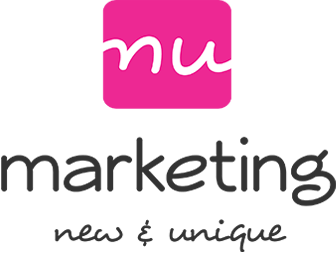
Being a specialist or a niche firm in the architecture, engineering, or construction industry may be YOUR differentiating factor. If you have hurt your back and need back surgery, who would you want to do your surgery? Would you want an MD or a back surgeon specialist? I’m pretty sure we would both agree we would want the back surgeon specialist. We may even get more specific to the type of back surgery and look for a surgeon that specializes in that particular surgery. So what does this have to do with architecture, engineering, and construction?
Be a specialist, not a generalist. Your clients and prospects want the expert in the type of building they want to design, engineer, and construct. They want a firm who knows the ins and outs of their business and how their campus, building, and/or facility function. Your clients and prospects come to you to be the expert for their building and suggest things they don’t think about or even know about. As the architect, engineer, or contractor, it’s your responsibility to educate your client and prospect about the process, questions to ask, and making them feel comfortable about their investment in you while confirming you are the industry expert.
For example, if you design, engineer, or build clinics and hospitals, get really good at it. Then, tell your prospects about how you’ve helped all these clinics and hospitals grow their practices and write case studies. All these hospital administrators talk to one another about firms who are specialists in design, engineering, and construction of clinics and hospitals. They aren’t going to select a firm that hasn’t done any of these types of buildings. They are going to find the firm that has completed the most and who they are most comfortable with. This is referred to as relationship building. (Click here for more about relationship building.)
I get it. You don’t want to put all your eggs in one basket, but someone once said, “You can do anything, but not everything.” By having a marketing and business development plan, this will help you stay focused on who your ideal clients are and should be. In this plan, write specific company names that you want to do business with in the future. Select 2-3 industries that your firm is really good at serving or wants to be good at. Start working on those industries to learn everything you can about how you can help their business. Remember, it’s all about the client, not about your firm, whether you are educating them, submitting proposals, or conducting presentations.
Be a specialist, not a generalist. No one wants to work with an average quality firm who is all things to all people. Clients and prospects want to work with the best of the best. Strive to be the best of the best. Set goals and work towards them every day!



